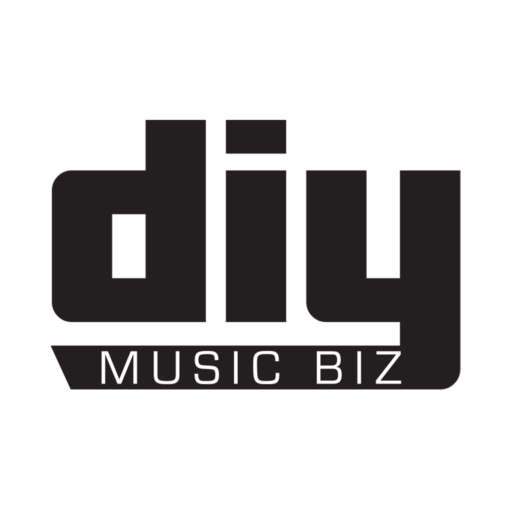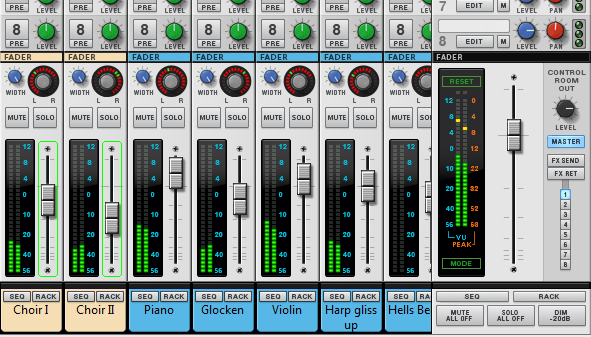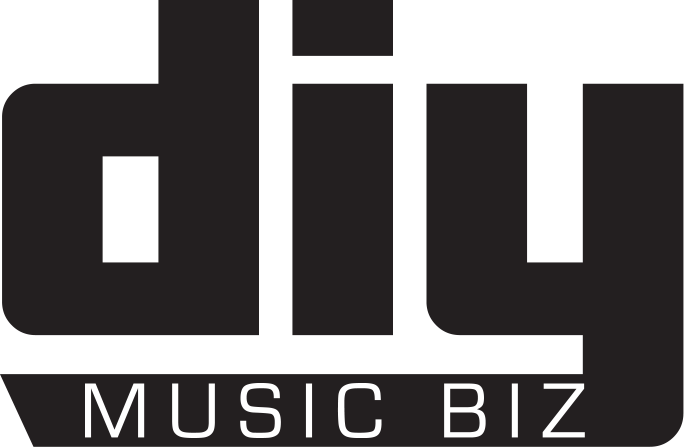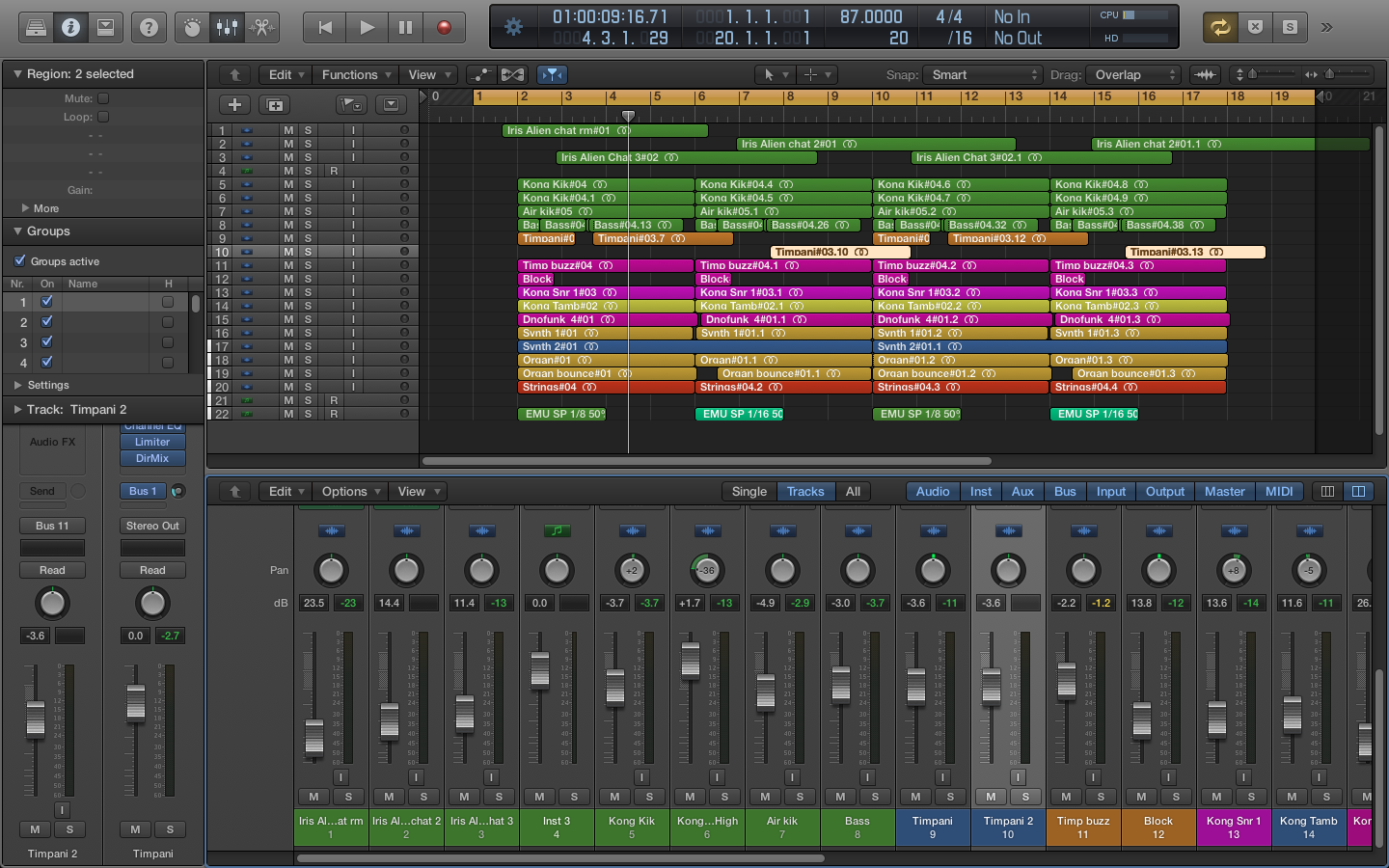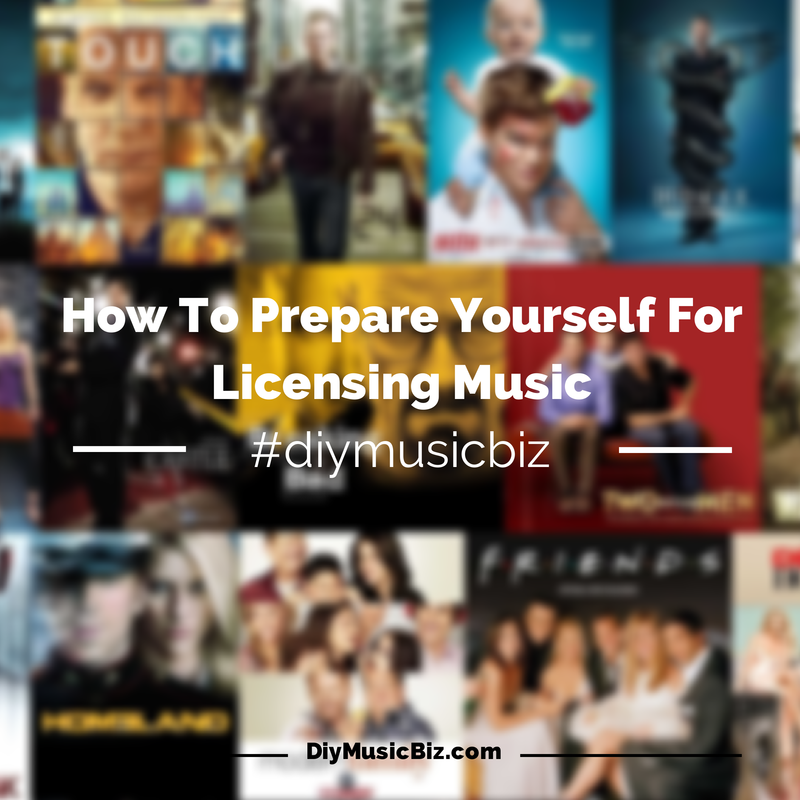 Exactly 14 days ago I posted an update about the success I had following Aaron’s 90 Day Music Licensing Course. Now if you remember, that post was a little pre-mature as I hadn’t been paid, they were just opportunities that I decided to follow up on.
Exactly 14 days ago I posted an update about the success I had following Aaron’s 90 Day Music Licensing Course. Now if you remember, that post was a little pre-mature as I hadn’t been paid, they were just opportunities that I decided to follow up on.
Well, all that has recently changed
I’m happy to announce that my tracks have been placed and the payments have cleared!… There was a lot of back and forth with negotiations, but it all panned out in my favor.
Let’s expose the inner workings that turned these opportunities into cash deals.
90 Day Music Licensing Course
The course (as I’ve stated before) gives you what you need to know to jump in and get the ball rolling and earn some money. There are training videos, interviews, and best of all direct contact with the man behind the course.
If you’re stuck on something he’ll help you every step of the way. I feel these 2 deals would have never been presented to me had I not used the material in Aaron’s course.
Side note – Even as a person with experience in licensing I might not have found these opportunities w/out the course.
Having A Payment Processor
I chose Paypal as a payment processor for 1 main reason → IT’S SIMPLE TO USE! It doesn’t matter what country you or your client(s) lives in.
If you’re using Paypal you’re set up to receive payments from anywhere. Your client doesn’t even need to have an account, they just need internet access and the ability to follow simple instructions.
Another great thing about using Paypal is it easily integrates with multiple platforms such as Websites, social media, email, smartphones, widgets, etc
Music Supervisors (David & Judi)
This was not shot in the dark, I didn’t send music to a pool and pray the best – Like you do with “pay to submit” based companies.
I feel the music supervisors played a huge role in getting my tracks placed because they were directly connected with the project.
You have to understand, it’s their job to find music that fits the client’s project as well as negotiate terms/pay on the composer’s (or music supplier’s) behalf.
The Music/The Material
I don’t want to start a quality vs quantity argument here, but I feel having a lot of material on hand played an important role in landing these placements.
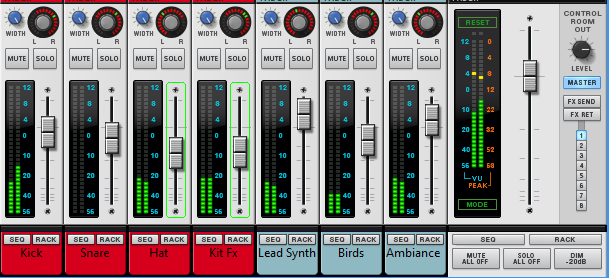
1) I had a lot of material that fit the criteria of the project
2) Lot’s of inspiration/source material to pull from
The culmination of both contributed to a fast turnaround time (can’t argue that). I either had tracks that were perfect or track that needed alterations before submitting.
All instrumentals were sent as LoFi Mp3’s via Dropbox and later replaced with HQ Wav files upon acceptance.
 Contracts & Negotiations
Contracts & Negotiations
Here’s where I felt things got a little sticky. You see, landing the placement is easy as long as the price is right, but I didn’t want to sell myself short nor did I want my experience to distort the case study.
Keep in mind I’m approaching this thing as a newbie as best as I can without endangering the rights of my music. The original terms/pay were good, but I wanted a little more flexibility (and money).
Negotiating With David
The terms stated → non-exclusive license, budget per track, and that I still owned the rights (basically).
David also sent over a “Tip Sheet”. This tip sheet was a tiny goldmine, it outlined: Project release dates, amount/genre of music needed, etc. I basically picked which project(s) I wanted to contribute to based on the genre(s) of music needed.
This was easier than committing to a project w/ a genre I was unfamiliar with.
So anyway, 6 instrumentals were sent, all-around 2 min in length (lofi Mp3). The genres I focused on were: Rock, hip-hop, and industrial.
We went back and forth for a week revising terms, payment options, track adjustments, etc. The negotiations were done through email and Skype.
Here’s What We Agreed On
In a nutshell, I was supposed to be paid $400 for 4 instrumentals (synch fee) plus royalties (non-exclusive deal). I love royalties because it = more $$, but there’s no guarantee the project will go anywhere.
I’m mean no disrespect, I’m just saying… Don’t expect what you can’t control.
I thought $400 was fair compensation but wanted to see if I could get a little more. In order to make this happen, I had to be willing to offer more at a reduced price.
In the end, we agreed on 8 instrumentals (non-exclusive) for $600 (synch fee).
Negotiating With Judi
This project was different, what Judi needed was music for a corporate training video and she made it clear that she couldn’t pay more than $250.
She wasn’t rude, she was just upfront and honest (wanted to make that clear).
The terms were non-exclusive and the music could only be used for their training videos. I accepted these terms without a counteroffer (didn’t feel a need to).
Non-exclusive meaning I could still shop the music around, but they couldn’t use it for anything else except for their training videos (under our terms).
I was later supplied with a contract and temp tracks. I asked for temp tracks because I wanted to HEAR the mood/genre needed.
It’s always best if you can hear what is needed rather than deciphering from emails/phone conversations.
Non exclusive rights, $250 (synch fee) for 2 instrumentals. She even covered the Paypal fees. The total payment… $261 (before the Paypal fee).
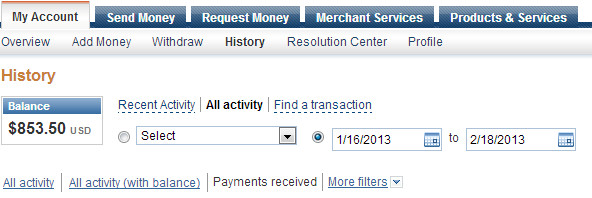
So that’s the update! I hope you all find this beneficial and please, if you have questions do leave them below.
